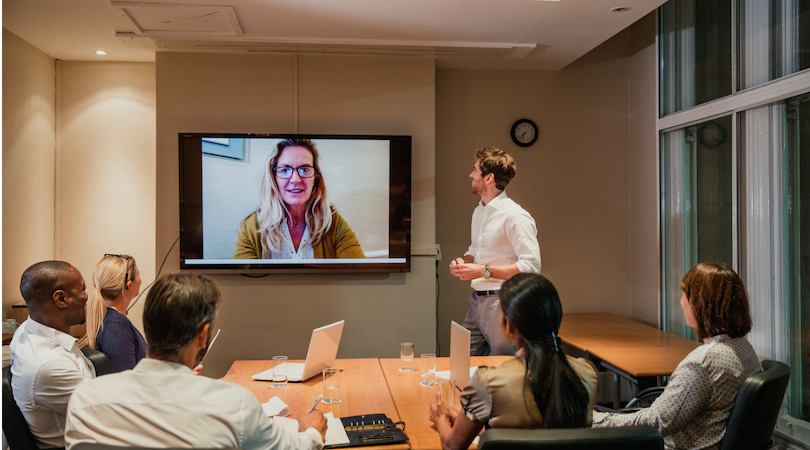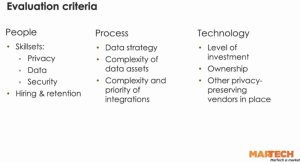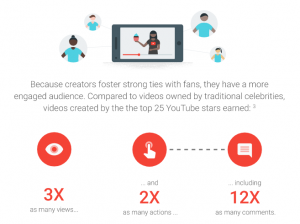— June 19, 2019

Canva.com
There is no shortage of things to do or issues to resolve as a founder. Choosing which to attend to is often the difference between progress and stagnation.
The question is, how? How do we choose the right things to focus on and let the others fall to the wayside? One way is to make sure that you are clear on the difference between what is interesting and what is important.
Back in the early ’80s, two young engineers figured out how to compress both audio and video data and transmit it via a phone line. Think early Zoom or Google Meet. The two were able to secure a meeting with a Sand Hill Road VC to share their invention. Their contraption wasn’t pretty. A well-intended staff member of the VC firm suggested placing a table cloth over the nuts and bolts of the machine. “It would help with the aesthetics.”, he suggested. There was one significant problem with that suggestion. That early Codec prototype put out as many BTUs as a backyard BBQ. The meeting started, they turned on the contraption, dialed up a colleague on the east coast and started a video conversation. Unfortunately, moments after the call began, smoke started billowing out of the back as the table cloth caught fire. It was quickly doused but, needless to say, it marked the end of the meeting. As the two founders left, one was dejected, “I can’t believe we started a fire. We will never get any money from these guys.”, he said to his partner.
“Who cares.”, the partner replied. “We just conducted the first coast-to-coast video conference call!”
That is the difference between what is interesting and what is important. Sure, the fire was interesting and fodder for a great story, but what was important was the first ever coast-to-coast video call. This is a real story told to me by one of the founders of PictureTel.
There is no simple way to discern what is interesting from what is important. It requires slowing down and the asking of questions. It should be investigatory. Items such as; is this what will move the business forward or constrain its growth? Is this a strategic issue or a tactical one? What happens if we do nothing?
You’re not always going to be right. Sometimes you will get swept away by something interesting. However, if you can have that happen with less frequency than your competitors, you’re likely to outperform them over time. One tool that I’ve felt helpful is the use of OKRs. If you are not familiar with them, check out the TED talk by John Doerr or read his book “Measure What Matters,” which, I will warn you, is a little dry.
As an entrepreneur, more things need to be done than there is available time. Therefore, things will slip through the cracks. It is an inevitability. The better you are at focusing on what is important, the more likely that what slips through is just some interesting stuff, not something that is going to drive the business forward or hold it back.
Business & Finance Articles on Business 2 Community
(46)
Report Post








